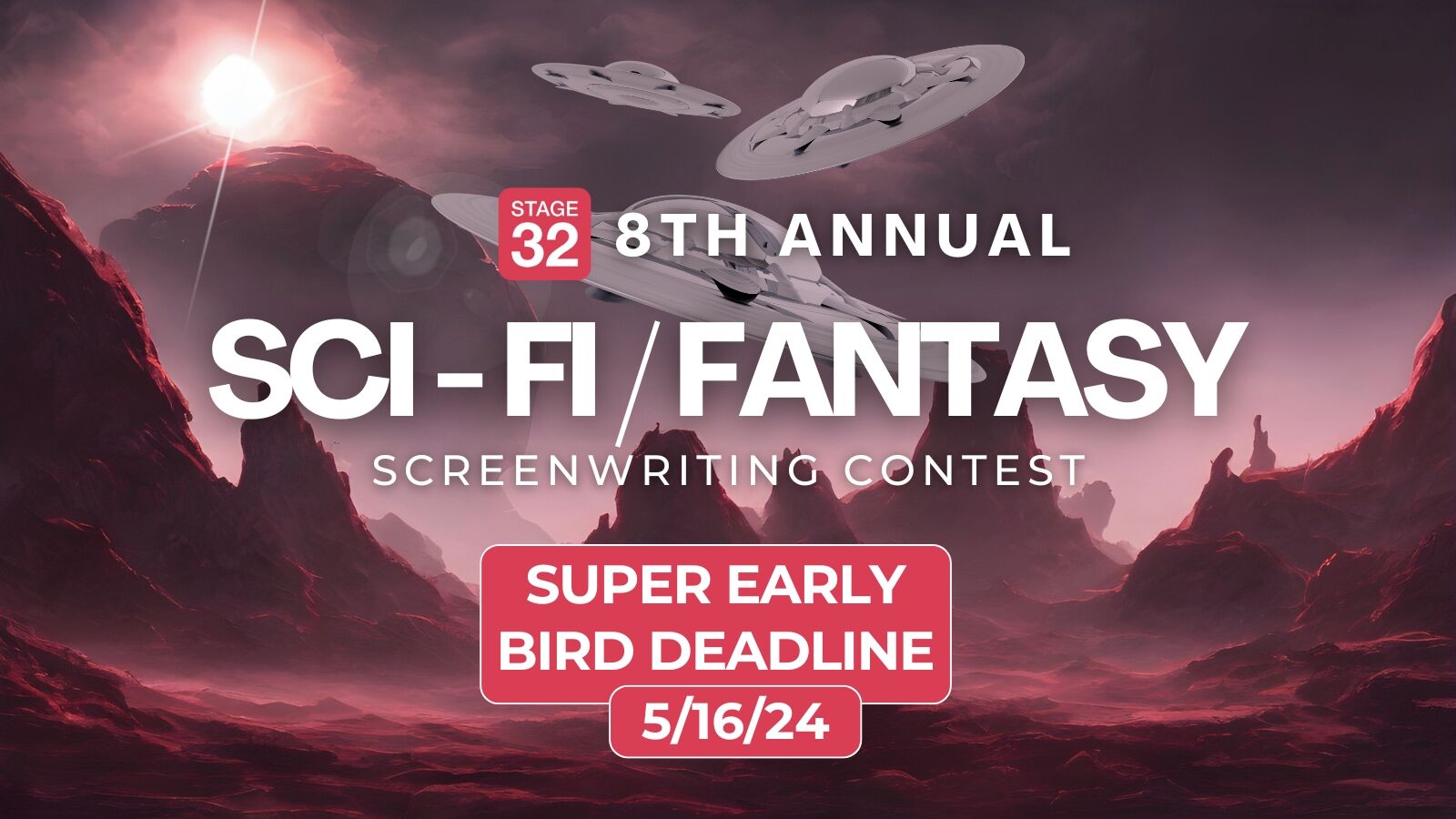Finally, I found this overall comparative assessment of the different theories regarding the screenplay paradigm (beat sheet). This pdf compares Syd Fields, Michael Hauge, Robert McKee, Linda Seeger, John Truby and Christoper Vogler. http://dramatica.com/resources/assets/Dramatica_paradigms-0707.pdf



??
1 person likes this
BTW, thanks Kathleen. You made an effort for something positive and helpful
1 person likes this
Guys, let's please stop the personal attacks. Thanks.
It's a shame that some people can't behave like adults.
1 person likes this
About this pdf... sorry, it's rather long so I just skimmed it... Okay, so this is some opinion-based comparison by the people of Dramatica, correct? The Write Brothers? Rather, it is propaganda for their software. Personally speaking, I do not find this sort of thing helpful. I find it overly analytical and clinical. Not much about the intangible qualities, nor creative voice, nor the individual talent of writers—the stuff people truly respond to, that resonates. But perhaps others do find comparisons like these helpful. Just be aware this pdf seems to have an underlining agenda. But again, I just skimmed it over.
2 people like this
The other thing... this comparison seems to imply that people (religiously?) “follow” one or the other paradigms, when, sure, that could be true for some, but most writers (I believe) take bits and pieces of whatever works best for them, from all kinds of resources and creative influences, and develop their own approach to storytelling. Not orthodoxy. :/
1 person likes this
Agree with you there Beth.
1 person likes this
Like Beth I just had time to skim it. I am not one who reads how to books or anything but if I was that article could be helpful. However most those gurus that write those how to books really just come up with variations of the three act structure to try and sell their books. The only books on screenwriting I ever purchased was really bad so I just read a few pages on the formatting part so I could start writing my first screenplay. After I was employed as a staff writer I got that Save the Cat book and I never read it but sometimes I would refer to his beat sheet which I sometimes use as a guide. I guess I am really and truly just a self-taught hack.
A PM; "I asked them why they didn't post, and at least 30 of them replied back just two letters. You can no doubt guess what those two letters are."
Tony S, if you have a complaint or would like to report something then please send it through "Contact Us." Thanks.
4 people like this
These individual authors certainly have great insights and keen observations about story structure and screenwriting—I've certainly learned a lot from some listed in this comparison—but, for me, I find it far more helpful to gain practical, creative insights from working screenwriters and filmmakers/showrunners, and by reading hundreds of screenplays and breaking them down for myself. Dissect them myself. Good screenplays and bad screenplays. What works. What doesn't work. These story paradigm books have a "danger" to them in that they may give a false impression that writing is easy when effective writing is truly difficult and takes much time and hard work to hone. That if you follow some story algorithm then you'll "create perfect story structure"— which is Dramatica's tagline, by the way! That's concerning! Okay... so, exactly, what and who determines is a "perfect story structure" in a subjective creative field? Well, that's subjective. ;)
I also just skimmed it. I've never cared for Dramatica. I just wanted to see the graphs of paradigms from Syd Field, Michael Hauge, Linda Seeger etc. And this is what I did. Wrote down a template that combined 'notes' that spoke to me on what should be in what stage/phase around what page. Then I went to one of my scripts written in Final Draft, viewed it in the 'script notecard' mode - 4 cards across and looked to see what page what major things were happening on. Then filled in my template to see just how close I was. Interestingly, I saw how my B Story came in way too late and how a certain scene could actually be the first turning point within ACT II instead of the midpoint and switched those scenes around. I also saw more clearly what scenes were more 'reactive action by the protagonist ' instead of 'proactive' action. Reactive action, it seems , is better in the first half of ACT II while 'proactive' action is in the second half of ACT II. Now I have at least a good re-alignment tool and can tell what points I missed and needed to be added.
That's a nice summary of some story structures in the "compare and contrast" marketing piece by one of the developers of Dramatica. Nobody from The Write Brothers is trying to be disingenuous in the intent of that piece, and the actual source of the article is from the Dramatica website and the Write Brothers website from many years ago. I've even cited it here at least a couple times in the past.
I saw Dramatica in use by another writer, and it's a great tool for writers. There are great professional reviews for it on the Dramatica website from some very well-known and successful writers. I've used Movie Magic Screenwriter, and might get Dramatica soon.
The Write Brothers have a long history of service, passion and dedication to writers and the entertainment industry. Keep up the great work, Write Brothers!
Duly noted. They're not my words.
A.S. Nobody on this planet can attribute their success to any one thing.
That is a thorough doc! Linda Seeger's system reminds me of the suggested series arc for a Netflix TV pitch. I may add it to scriptoutliner.com